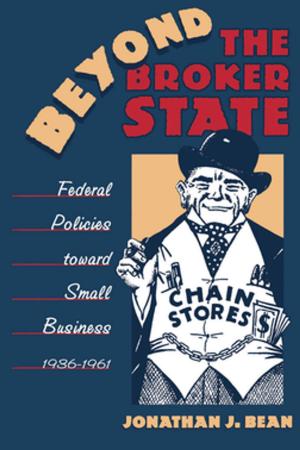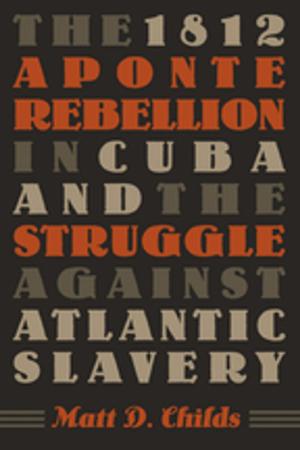Paulo Freire and the Cold War Politics of Literacy
Nonfiction, Reference & Language, Language Arts, Literacy, Education & Teaching, History, Americas, South America| Author: | Andrew J. Kirkendall | ISBN: | 9780807899533 |
| Publisher: | The University of North Carolina Press | Publication: | October 6, 2010 |
| Imprint: | The University of North Carolina Press | Language: | English |
| Author: | Andrew J. Kirkendall |
| ISBN: | 9780807899533 |
| Publisher: | The University of North Carolina Press |
| Publication: | October 6, 2010 |
| Imprint: | The University of North Carolina Press |
| Language: | English |
In the twentieth century, illiteracy and its elimination were political issues important enough to figure in the fall of governments (as in Brazil in 1964), the building of nations (in newly independent African countries in the 1970s), and the construction of a revolutionary order (Nicaragua in 1980). This political biography of Paulo Freire (1921-97), who played a crucial role in shaping international literacy education, also presents a thoughtful examination of the volatile politics of literacy during the Cold War.
A native of Brazil's impoverished northeast, Freire developed adult literacy training techniques that involved consciousness-raising, encouraging peasants and newly urban peoples to see themselves as active citizens who could transform their own lives. Freire's work for state and national government agencies in Brazil in the early 1960s eventually aroused the suspicion of the Brazilian military, as well as of U.S. government aid programs. Political pressures led to Freire's brief imprisonment, following the military coup of 1964, and then to more than a decade and a half in exile. During this period, Freire continued his work in Chile, Nicaragua, and postindependence African countries, as well as in Geneva with the World Council of Churches and in the United States at Harvard University.
Andrew J. Kirkendall's evenhanded appraisal of Freire's pioneering life and work, which remains influential today, gives new perspectives on the history of the Cold War, the meanings of radicalism, and the evolution of the Left in Latin America.
In the twentieth century, illiteracy and its elimination were political issues important enough to figure in the fall of governments (as in Brazil in 1964), the building of nations (in newly independent African countries in the 1970s), and the construction of a revolutionary order (Nicaragua in 1980). This political biography of Paulo Freire (1921-97), who played a crucial role in shaping international literacy education, also presents a thoughtful examination of the volatile politics of literacy during the Cold War.
A native of Brazil's impoverished northeast, Freire developed adult literacy training techniques that involved consciousness-raising, encouraging peasants and newly urban peoples to see themselves as active citizens who could transform their own lives. Freire's work for state and national government agencies in Brazil in the early 1960s eventually aroused the suspicion of the Brazilian military, as well as of U.S. government aid programs. Political pressures led to Freire's brief imprisonment, following the military coup of 1964, and then to more than a decade and a half in exile. During this period, Freire continued his work in Chile, Nicaragua, and postindependence African countries, as well as in Geneva with the World Council of Churches and in the United States at Harvard University.
Andrew J. Kirkendall's evenhanded appraisal of Freire's pioneering life and work, which remains influential today, gives new perspectives on the history of the Cold War, the meanings of radicalism, and the evolution of the Left in Latin America.















